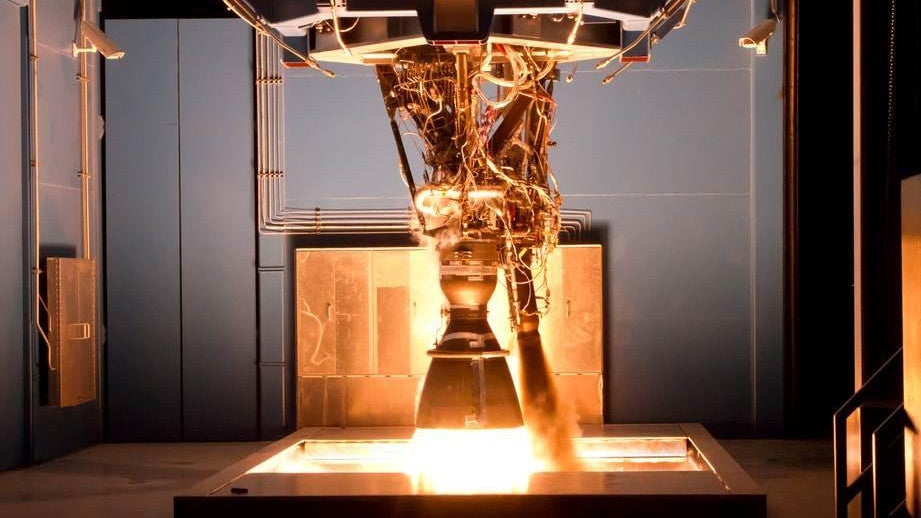SpaceX needs to redesign its engine to ensure it is safe for human spaceflight
Government investigators are set to warn of a flaw in SpaceX’s rocket engines, which could delay the company’s plans to fly astronauts for NASA in 2018.


Government investigators are set to warn of a flaw in SpaceX’s rocket engines, which could delay the company’s plans to fly astronauts for NASA in 2018.
A forthcoming GAO report will warn of flawed turbopumps in the Merlin engines that drive SpaceX’s Falcon 9 rockets, according to the Wall Street Journal. Turbopumps are critical components in any liquid-fueled rocket engine, pressurizing the rocket’s propellant, liquid oxygen and highly refined kerosene, and forcing it into the combustion chamber and out the nozzle. The draft report says that the blades in the turbine are cracking under pressure, making them unsafe to fly humans.
In a statement, SpaceX described the issue as a routine engineering problem and says it is already in hand. Currently, the engines are intended to function even if there are some cracks in the turbine, and no problem has been connected to them before.
“We have qualified our engines to be robust to turbine wheel cracks,” SpaceX said in a statement sent to Quartz. ”However, we are modifying the design to avoid them altogether. This will be part of the final design iteration on Falcon 9. SpaceX has established a plan in partnership with NASA to qualify engines for manned spaceflight.”
It’s not clear how long the update of the high-precision engines will take, but if it does require a serious overhaul, that could mean delays past the 2018 launch target. Acting NASA administrator Robert Lightfoot told the WSJ that ”we know how to fix” the SpaceX engines; NASA officials did not respond to requests for comment by press time.
The company will need to fix this flaw to succeed in its non-NASA missions, too. Reusing engines repeatedly is part of the company’s strategy to drive down the cost of space access; it’s hard to imagine that will be possible if key engine parts are degrading.
Falcon 9 rockets have launched successfully 28 times since their debut in 2010, with one in-flight failure and one rocket destroyed during fueling for a pre-flight test. Neither rocket failure appeared to be connected to the vehicle’s engines; instead, investigators blamed the incidents on a flawed part and a fueling procedure that over-stressed a coolant tank. The next SpaceX launch, a mission to the International Space Station, is expected in mid-February.
Boeing, SpaceX’s competitor in the race to be the first private company to fly humans in space, has faced its own problems, particularly with dangerous vibrations caused by the aerodynamic interactions between its spacecraft, the CST-100, and the Atlas rockets it will ride into space. The WSJ reports that it also is facing problems with the parachutes designed to bring its spacecraft and the humans on board safely back to earth.
Outside experts fear that neither company will meet their current NASA deadlines.